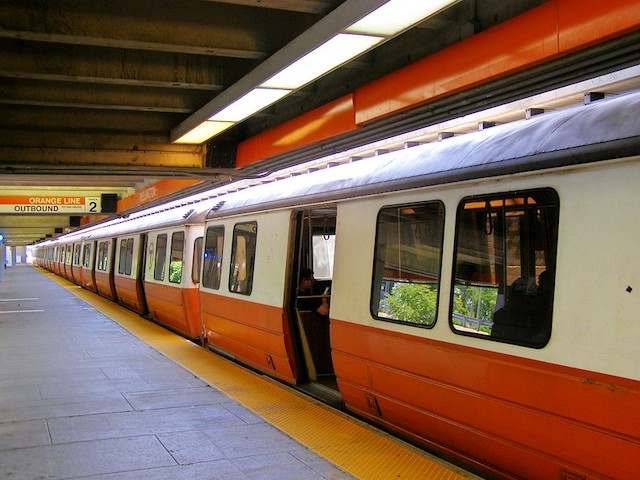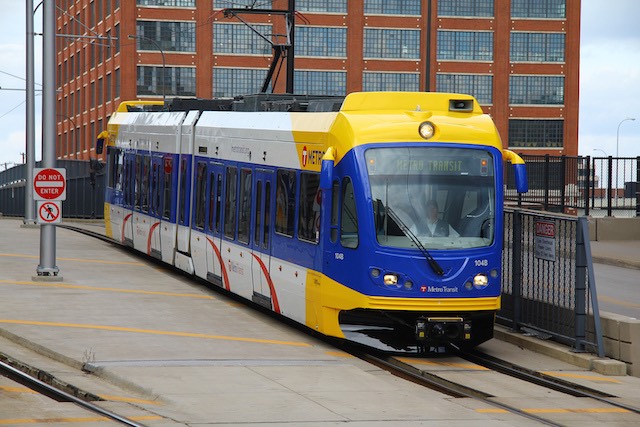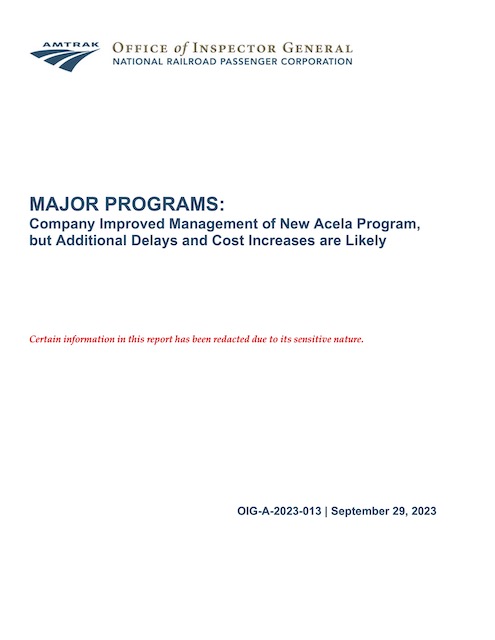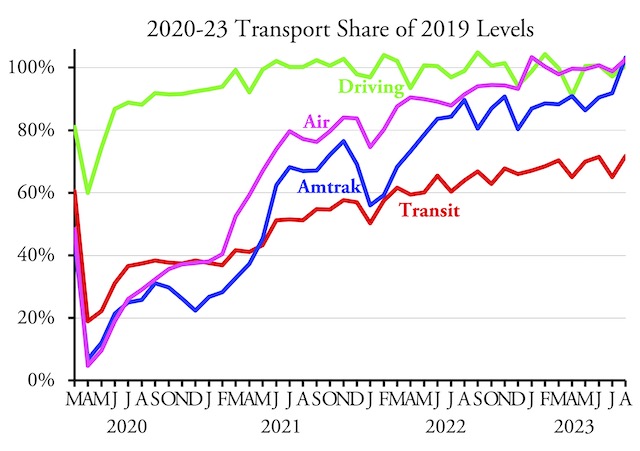Abu Dhabi, the capital of United Arab Emirates, has begun operating a bus-rapid transit system with a couple of twists. First, the buses are gigantic: with two trailers (illegal in most U.S. cities), they can easily hold 200 passengers and squeeze in 240. Second, they will be completely automated despite using existing infrastructure. Some videos show a driver at the wheel, but I presume this was solely during a trail period.
The battery-powered buses operate over a 27-kilometer route with about one station per kilometer. The city of Abu Dhabi consists of several islands, and the buses connect Abu Dhabi island with Yas Island, a major tourist center. Because the buses are oriented around tourists, for now they only operate on Fridays, Saturdays, and Sundays. Continue reading














